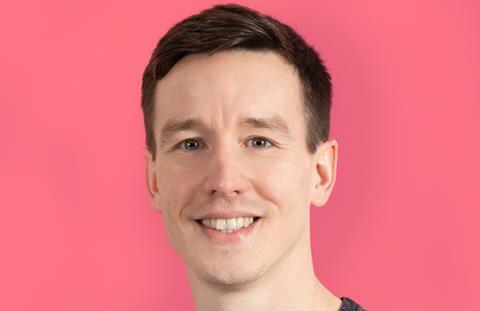
The 'traditional' five-day, nine-to-five working pattern is a fallacy. It was invented in the early twentieth century to ensure consistent rates of production from factory lines that relied on human labour. While it stuck around too long as economies and types of work diversified, there is plenty of research showing that it is actually a tiny proportion of the population who works in this rigid way.
Flexible working has been mainstream for years, both in increasingly globalised employment legislation around flexible hours, job sharing and the like, or in even more progressive working practices like the four-day work week. I would argue this is part of a major societal shift toward personalisation. Whether it is the technology we use, our healthcare, our diet and fitness habits, and even the clothes or makeup we wear; our lives are increasingly tailored to meet our specific needs. Why should work be different?
We should think much less about ’ working, which conjures up the binary distinction of working from the office or from home, and instead think about what a truly personalised experience of work would look like, and the empowering, motivating impact that would have on our people.
Having complete control of the hours you work and where you work from has a whole range of benefits, such as firstly, it offers opportunities for true inclusion: allowing people to fix their own schedule empowers them to balance work with their personal life and creates the conditions for them to thrive. Whether that is someone with caring responsibilities or perhaps a neuro-divergent person who can organise their hours to increase their focus time. Secondly, it means employers can recruit anywhere: if you start from a position of complete flexibility you are not constrained by the ‘normal’ working day and can recruit brilliant people across geographies and time zones. Thirdly, it forces clarity of thinking: instead of defaulting to meetings, when you have diverse working patterns you naturally lean more into asynchronous communication. That means thinking is written down and collaboratively improved, and there is an audit trail of the decisions people have made.
If employers deny their people the right to personalise their working practices, then they will increasingly be out of step with the wider society, and likely their competitors, which will cost them in employee disengagement and, ultimately, churn.
Our experience at Zappi has shown us that if we trust people and let them decide how, when and where they work, then they will pay us back in commitment, greater productivity, and stick around longer to help us achieve our goals.
Tom Holliss is chief people officer at Zappi
















